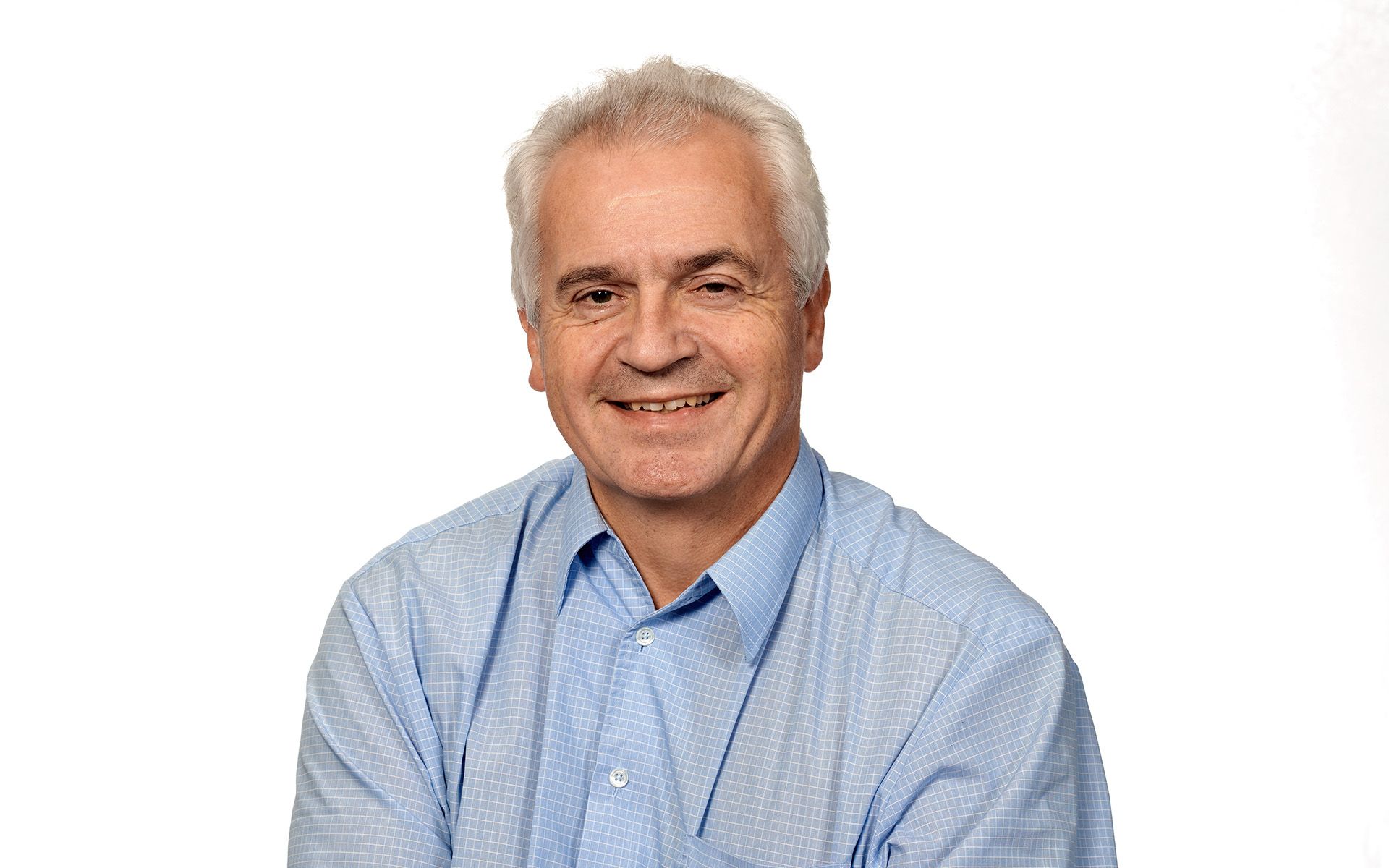«Sustainability is not restricted only to technical processes, but always also includes their purpose and practical use.»
Hanspeter Kaufmann is a scientific project manager at armasuisse Science and Technology (S+T). His work focuses on questions and challenges such as alternative fuels for the Armed Forces, the energy supply of the Land Forces and mobile energy sources. In an interview, he examines important task areas and provides an outlook for the future.
Interview with Hanspeter Kaufmann, scientific project manager, conducted by Sarah Trösch, Staff, armasuisse S+T
What are your tasks as scientific project manager at armasuisse S+T?
Up to now, I have primarily managed studies, projects and events on the subject of energy for defence and security, focusing on the mobility and agility of the Armed Forces. My work also includes maintaining the necessary international exchange of expertise as part of our relationship with the European Defence Agency (EDA). In addition, I have coordinated and consolidated opinions as part of office consultation procedures on the political affairs of the Parliament and the Federal Council. And provided technological background information on international meetings for senior management.
How did you end up in your current position? Have you always been interested in sustainable development?
My professional activities are based on the fact that I have always been generally very interested in everything that holds the world together. As a process engineer, I procured basic knowledge of these topics to better understand the chemical and physical processes which take place in nature and technology. The sustainability of such processes has always been part of my work.
What do technologies need to accomplish in a military context in order to be sustainable?
Sustainability is not restricted only to technical processes, but always also includes their purpose and practical use. From a military standpoint, sustainability must ensure that a state has the necessary resources and equipment to guarantee its defence and security in any situation and subject to all conditions. This also applies in the same way for the technologies that a state deploys for this purpose.
Where are the hurdles and difficulties here?
For Switzerland, the main hurdles and difficulties are its lack of raw materials and small size. In particular, its small size in comparison with other European nations and correspondingly modest national market mean that even sustainable solutions only become financially interesting when they are of international interest. However, international trade is not part of the most vulnerable networks of relationships of a state.
Which current sustainability project at armasuisse S+T is most important to you right now and why?
We are currently attempting to set up a demonstrator for providing and using hydrogen for defence purposes. The Armed Forces, the AFLO and other internal DDPS groups can thus gain practical experience with these promising energy sources and armasuisse can obtain realistic insights into the real investment and operating costs of this future-oriented form of energy supply for the purposes of electricity, fuels and combustibles. As hydrogen has not yet been implemented as a fuel in the Armed Forces, in this project we need to convince several of the authorities who will be involved in the future of the benefits and purpose of such a demonstrator.
In which areas do you see the most potential in the future?
The greatest potential for sustainability in the future also lies in the willingness of the population to support security and defence in general. This is closely followed by the objective of establishing the advantages of sustainable solutions for the reliable operation of resources and troops, in order to achieve swift evaluation of situations and agile, focused reactions. This also applies in cases where the civilian infrastructure can no longer be relied upon. A supply with goods and expertise that is as reliable as possible, either from own resources or via an internationally broadly diversified offer, thus has the greatest potential for sustainability with regard to tasks of defence.
And how can armasuisse S+T contribute most to this?
As a procurement authority and instrument of the National Armaments Director, armasuisse contributes most to a sustainable future of defence by carefully observing the opportunities opening up in the technology sector. As a public office, it will have to take particular care not to lapse into inertia despite its monopoly position. It will need to particularly focus on correctly assessing emerging opportunities early on, in order to provide the National Armaments Director with convincing arguments in the discussion about the focus of procurement.
What does the Energy Day mean for you? And where do you see the positive output of the Energy Day?
With the Energy Day, armasuisse is offering industry and research the chance to present themselves prominently in the armaments market, to network with internal DDPS authorities as well as to «stake out their ground» within the competitive environment. With this in mind, I greatly appreciate that the senior management of armasuisse S+T has made this possible and is prepared to bear the business risk involved.
Hanspeter Kaufmann has been working as a scientific project manager at armasuisse Science and Technology since 2018. He previously held various managerial positions in the area of research and innovation at RUAG. Having earned his spurs as a process engineer at ETH Zurich and in Basel’s chemical industry, he can look back on a wealth of professional experience in various different industry sectors where he was involved in constant international exchange. In his private life, he finds balance in various activities and commitments, always putting interpersonal relationships first.


